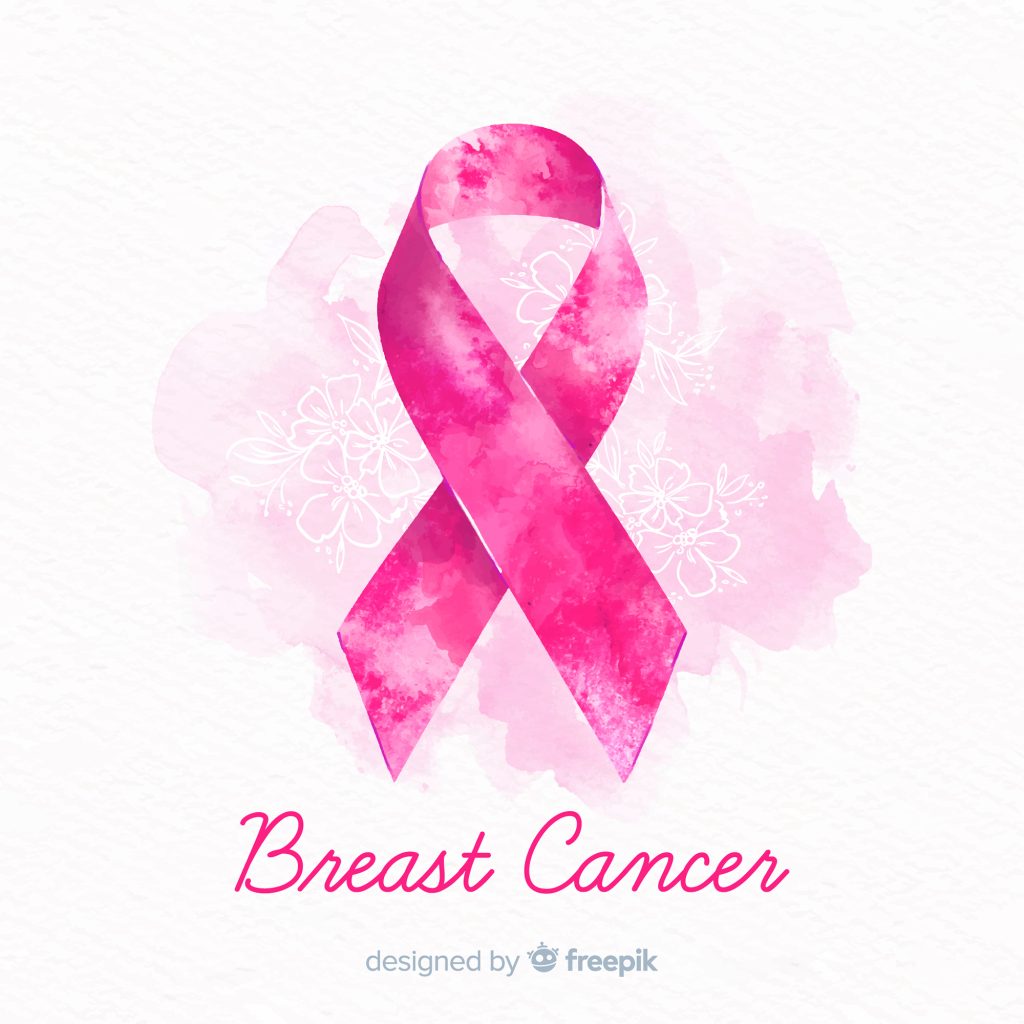Supporting the Community to Combat Breast Cancer: A Call to Action
Breast cancer is one of the most prevalent cancers worldwide, affecting millions of women and men each year. While advancements in medical research have improved early detection and treatment options, a significant need remains to support those affected, raise awareness, and contribute to preventative education. Community support plays an essential role in fighting breast cancer by spreading awareness, providing emotional support to patients and families, and raising funds for research. This article explores the various ways communities can come together to combat breast cancer, shedding light on both individual actions and collective efforts that make a difference.

Raising Awareness
Awareness is the first line of defense against breast cancer. Educating people about the signs, risk factors, and preventive measures for breast cancer enables early detection, which greatly improves the chances of successful treatment. Communities can engage in awareness campaigns through social media, public events, and local partnerships with health professionals. Hosting informational sessions at local community centers, schools, and workplaces encourages proactive health behavior, such as regular self-examinations and annual mammograms.
Providing Emotional Support for Patients and Families
A breast cancer diagnosis impacts not only the patient but also their loved ones. Emotional support from family, friends, and the community can significantly improve a patient’s well-being and resilience. Community groups can provide emotional support by forming support groups where patients and their families can share experiences, discuss fears, and offer encouragement. These support networks create a sense of belonging and understanding, which can ease the emotional burden associated with breast cancer.
Local organizations and volunteers can help by arranging activities for breast cancer patients that promote mental health and relaxation. Meditation sessions, art therapy, and even casual social gatherings provide patients with a much-needed break from the pressures of treatment. Additionally, mental health professionals volunteering their time to provide counseling services can be incredibly beneficial, as breast cancer patients often experience anxiety, depression, and feelings of isolation.
Promoting Healthy Lifestyles and Prevention
Encouraging healthy lifestyles and preventive measures is a proactive way for communities to combat breast cancer. Research has shown that factors such as a balanced diet, regular exercise, and minimizing alcohol consumption can lower the risk of developing breast cancer. Community centers, gyms, and wellness organizations can promote these lifestyle habits by organizing exercise classes, nutrition workshops, and health challenges.
A focus on healthy living extends beyond physical health; it emphasizes self-care and prioritizes regular medical check-ups. For instance, community healthcare providers can offer free or discounted mammograms, especially during Breast Cancer Awareness Month. This can be particularly helpful for women in low-income communities who may otherwise struggle to afford screening services. Prevention campaigns are also effective when directed toward younger audiences, promoting early understanding of the importance of health and wellness to potentially reduce cancer risk later in life.
Fundraising for Research and Patient Support
Research is fundamental in the fight against breast cancer. Breakthroughs in treatment and early detection come from the tireless efforts of scientists and medical researchers. Funding for research can make a significant difference, helping to find more effective treatments and, eventually, a cure. Community-based fundraising efforts are powerful tools for raising much-needed financial support for research initiatives.
Various fundraising events such as charity runs, bake sales, and auctions enable community members to contribute. Schools and local businesses can join the cause by donating a portion of their proceeds to breast cancer charities during Breast Cancer Awareness Month. Crowdfunding on social media platforms has also become a popular method for raising funds, allowing individuals to reach wider audiences and garner support from people all over the world.
In addition to funding research, these contributions can also support patients directly by providing financial assistance for medical bills, transport to treatment centers, and post-surgery recovery resources. For instance, local businesses can offer sponsorships or discounts to help alleviate some of the financial burdens associated with treatment.
Encouraging Volunteering and Community Involvement
Volunteering plays a significant role in supporting the breast cancer community. Volunteers can assist in numerous ways, such as organizing events, providing transportation to medical appointments, or simply spending time with patients in need of companionship. Schools, companies, and organizations can encourage their members to volunteer, creating a stronger network of support and involvement.
One of the most impactful ways for volunteers to contribute is by joining programs that provide in-home support to patients. These volunteers help with daily tasks, offering practical support to individuals who may feel overwhelmed during their treatment. For example, preparing meals, running errands, and performing household chores can relieve some of the stress that comes with managing day-to-day activities. Community-driven initiatives like these ensure that breast cancer patients receive the support they need while also fostering a sense of unity and compassion within the community.
Educating Young People on Breast Cancer Awareness
Educating younger generations on breast cancer is vital for long-term awareness. Schools, youth organizations, and community centers can incorporate breast cancer education into their programs, encouraging teenagers and young adults to understand the importance of breast health. By creating a culture of awareness from a young age, we can help destigmatize breast cancer and instill the value of regular check-ups and a healthy lifestyle.
Engaging students in awareness activities, such as classroom presentations and educational posters, teaches them about the realities of breast cancer. When they actively participate in campaigns or fundraising events, they develop a sense of responsibility and empathy toward affected individuals. The younger generation’s involvement ensures that breast cancer awareness remains a community priority well into the future.
Supporting Survivors and Celebrating Resilience
Recognizing and celebrating breast cancer survivors is a meaningful way to inspire hope and resilience. Survivor stories are powerful testimonials that highlight the strength and courage of those who have fought against breast cancer. Community events honoring survivors, such as annual galas, awards, or survivor-themed campaigns, give survivors the opportunity to share their experiences and encourage others going through similar struggles.
Moreover, support doesn’t end with remission. Survivors often require ongoing support as they transition back to everyday life, sometimes coping with lasting physical or emotional challenges. Community initiatives that offer job training, rehabilitation programs, and social gatherings can be crucial to helping survivors reintegrate and regain a sense of normalcy.
The Power of Collective Action
The fight against breast cancer is not limited to a single month or a select few individuals; it is a collective effort that requires the participation and compassion of the entire community. Every contribution, whether big or small, brings us closer to a world where breast cancer is less feared and more understood. By working together, communities can create a lasting impact through awareness, support, and fundraising.
Breast cancer remains a formidable challenge, but with community support, resilience, and innovation, we can continue to make strides toward better outcomes for everyone affected. When communities unite with empathy and purpose, they offer invaluable resources, hope, and comfort to those facing breast cancer. Let’s continue to support each other in this journey and work towards a brighter, healthier future for all.


